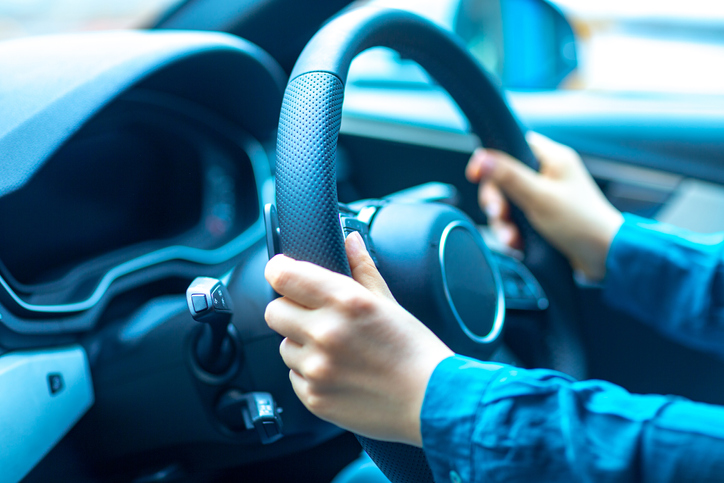
San Francisco Sues California – Concern Over Unsafe Autonomous Driving
In a recent instance, to reduce the number of self-driving and autonomous vehicles, San Francisco filed a lawsuit against a state commission. The latter had allowed companies like Google and General Motors to develop and expand their centers despite the increasing occurrences of unsafe self-driving car patterns.
Read on to delve into the arguments and gestures of the various entities involved, including the California Public Utilities Commission (CPUC), Waymo, the state authorities, and more.
San Francisco’s filing of the lawsuit posed a serious setback to the rapidly growing self-driving industry, which had plans to use the state as a key testing ground that would get it legal status in the United States. However, it was a severe blow when Google-owned Waymo and General Motors-owned Cruise were sidelined as a city nuisance and a public safety hazard.
The crux of the lawsuit is that it asks the California Public Utilities Commission (CPUC) regarding its decision made in August. This pertains to whether granting permission to Waymo to operate 24/7 paid taxis in the city complies with the law.
Experts feel that City Attorney David Chiu is trying to create a tricky legal case and they are doubtful on whether he would succeed in making California revisit its decision. But, if Chiu gets his job done, then Waymo would have to wrap up its expansion plan until California rethinks how it must look at self-driving vehicles.
On another occasion, Julia Ilina, a spokesperson at Waymo, expressed their company’s disappointment with the city’s preference to appeal the commission’s decision.
Ilina said, “However, we remain confident in our ability to continue safely serving San Francisco’s visitors and residents. We have continually demonstrated our deep willingness and longtime commitment to work in partnership with California state regulators, San Francisco city officials, and first responders and continue to stand by that approach.”
Some opine that Chiu’s legal gestures are the outcomes of extreme frustration among the San Francisco leaders who don’t have any control over the self-driving car industry, which is primarily handled by the state. In a series of major concerns caused by these vehicles, the city officials had to wait for several months to halt the expansion plans. That said, the legal step taken against CPUC is one of the major actions by the city. You may reach out to a San Francisco personal injury attorney to delve deeper into the legal aspects of the issue.
Waymo and Cruise expressed that their technologies will create a new era of self-driving cars, which will transform the way of life. In addition, it will also cause fewer road deaths and accidents. However, in the last few months, these autonomous cars have caused serious inconveniences, such as breaking down in the middle of the road, affecting traffic, and more.
Waymo hasn’t caused as many serious accidents as Cruise, and it seems to be operating only a limited fleet in the city. Despite that, according to the complainant, “the public’s safety should not be subject to voluntary actions by regulated entities, and Waymo could ramp up operations at any time.”
According to Ilina, Waymo currently has 250 registered cars in the San Francisco fleet, but not all are in service at once.
Matthew Wansley, a professor at Cardozo School of Law in New York who specializes in emerging technologies, mentioned that the idea of considering the dangerous or disturbing impact of autonomous vehicles by the San Francisco leaders is correct. However, the benefits of technology must also be taken into consideration.
Finally, he said autonomous vehicles should be held to the same standards as human drivers. Wansley added, “We should crack down on technology that makes the roads less safe and encourage technology that makes the roads safer.”
Both the entities – CPUC and Waymo have the opportunity to file an opposition brief until Feb.16. In addition, Chiu filed another lawsuit in California’s Supreme Court that accuses the CPUC of failing to cooperate in a review concerning the environmental aspects of the decision.
Chiu said in a statement, “San Francisco believes that autonomous vehicles will be a beneficial part of our city’s future, but in the meantime, while allowing this technology to develop, we must act to protect the safety of our residents and visitors. Poor AV performance has caused serious problems on San Francisco streets, jeopardizing public safety and emergency response.”


